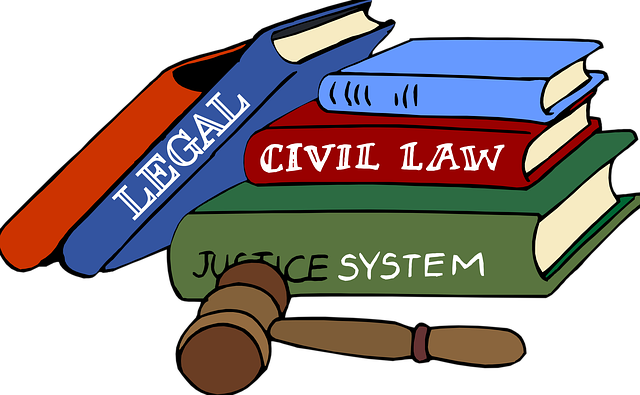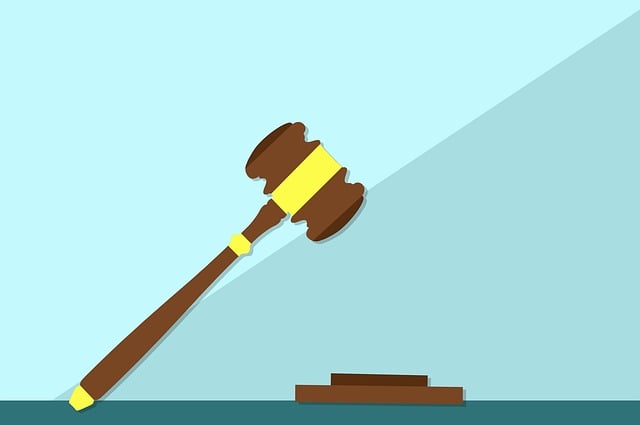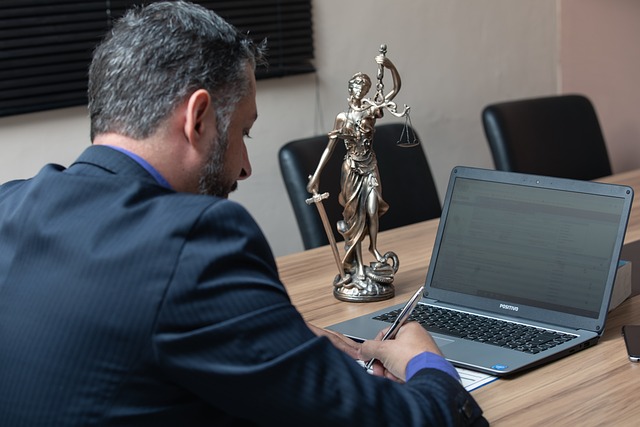The "burden of proof" in criminal cases ensures justice by requiring prosecutors to prove guilt beyond a reasonable doubt. Litigation Support Services aid in navigating complex legal scenarios, especially for criminal trials, by understanding and applying this principle effectively. In the digital age, advanced technology streamlines evidence management, enhancing case outcomes, particularly in white-collar defense cases. Strategic analysis of evidence and legal precedents is key to crafting robust defense strategies in criminal litigation support, aiming for positive outcomes through clear communication and compelling narratives.
Litigation Support Services play a pivotal role in modern legal proceedings, especially in complex criminal cases. This article delves into essential aspects of litigation support, focusing on the critical Understanding Burden of Proof Fundamentals. We explore key roles these services render, highlighting the transformative power of technology in evidence management. Additionally, we present best practices for effective case analysis, emphasizing the importance of robust strategies to meet the demanding Burden of Proof in Criminal Cases.
- Understanding Burden of Proof Fundamentals
- Key Roles of Litigation Support Services
- Technology's Role in Evidence Management
- Best Practices for Effective Case Analysis
Understanding Burden of Proof Fundamentals
In any criminal case, understanding the fundamental principles of the “burden of proof” is paramount for both prosecutors and defenders alike. This legal concept refers to the responsibility of a party to present sufficient evidence to persuade a judge or jury of their position. In essence, it’s about ensuring that the truth comes to light in a fair and just manner. The burden of proof varies depending on the nature of the case, with criminal trials demanding a higher standard of evidence compared to civil disputes. This is crucial for maintaining the integrity of the justice system, as it protects against wrongful convictions and ensures that guilty parties are held accountable.
The “beyond a reasonable doubt” standard is a well-known concept in Understanding Burden of Proof in Criminal Cases. This means that prosecutors must prove their case so convincingly that any rational trier of fact would have no reasonable doubt about the defendant’s guilt. This high threshold is placed to safeguard corporate and individual clients, as well as the respective business, philanthropic, and political communities, from the potential impacts of mistaken convictions. By applying this rigorous standard, the legal system aims to uphold fairness and ensure that rights are protected for all involved.
Key Roles of Litigation Support Services
Litigation Support Services play a pivotal role in legal proceedings by providing expert assistance throughout the litigation process. These services are particularly crucial in complex cases where understanding the burden of proof is essential, especially in criminal trials. By employing a meticulous approach, they aid attorneys in gathering and presenting evidence effectively, ensuring a fair and just outcome.
The key roles include analyzing complex data, preparing detailed reports, and offering strategic insights to both corporate and individual clients. With their unprecedented track record, these services have consistently achieved extraordinary results, making them indispensable in navigating the intricate legal landscape. Their contributions significantly enhance case management, ultimately leading to favorable resolutions.
Technology's Role in Evidence Management
In today’s digital era, technology plays a pivotal role in evidence management for litigation support services. The understanding of the burden of proof in criminal cases has evolved significantly with advancements in data storage, retrieval, and analysis tools. These technologies enable efficient organization, preservation, and presentation of digital evidence, crucial for both prosecutors and defense attorneys, especially in complex white-collar defense cases.
By leveraging cutting-edge software and cloud-based systems, legal professionals can now access, manage, and authenticate electronic records with unparalleled accuracy and speed. This capability has proven instrumental in securing an unprecedented track record for many clients, ensuring their rights are protected and the truth is revealed through robust evidence management practices.
Best Practices for Effective Case Analysis
In the realm of litigation support services, especially for criminal cases, understanding the burden of proof is a best practice that cannot be overstated. This involves a meticulous analysis of evidence and legal precedents to ensure a robust defense strategy. For instance, in white-collar defense, where complex financial crimes are at play, attorneys must grapple with intricate factual patterns and interpret ambiguous evidence. A winning challenging defense verdict hinges on this thorough case analysis.
Effective case analysis also demands a nuanced grasp of procedural rules and legal arguments. By anticipating potential objections and counterarguments from prosecutors, defense teams can strengthen their position. This strategic preparation is pivotal in jury trials, where clear communication and compelling narratives can sway the jury’s perception significantly. Ultimately, a well-executed case analysis enhances the chances of securing favorable outcomes, including winning challenging defense verdicts.
In navigating complex litigation, understanding the fundamental principles of the burden of proof is essential. This article has delved into key aspects of legal proceedings, highlighting the critical roles played by litigation support services. By leveraging technology for efficient evidence management and adopting best practices in case analysis, professionals can ensure robust and fair judicial processes. Specifically, recognizing the burden of proof in criminal cases as a cornerstone of justice fosters a more transparent and effective legal landscape. Ultimately, these insights empower stakeholders to revolutionize litigation strategies, enhancing outcomes for all involved.






